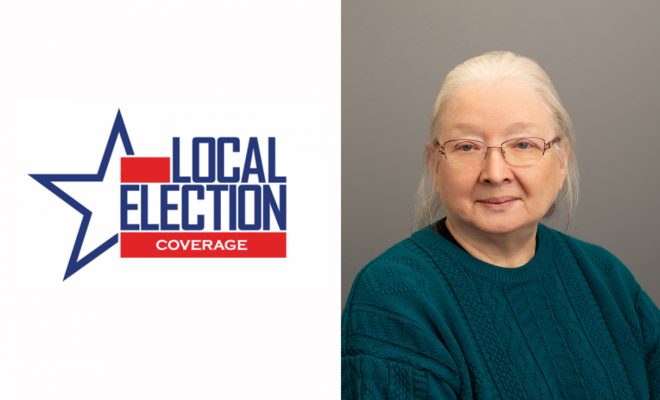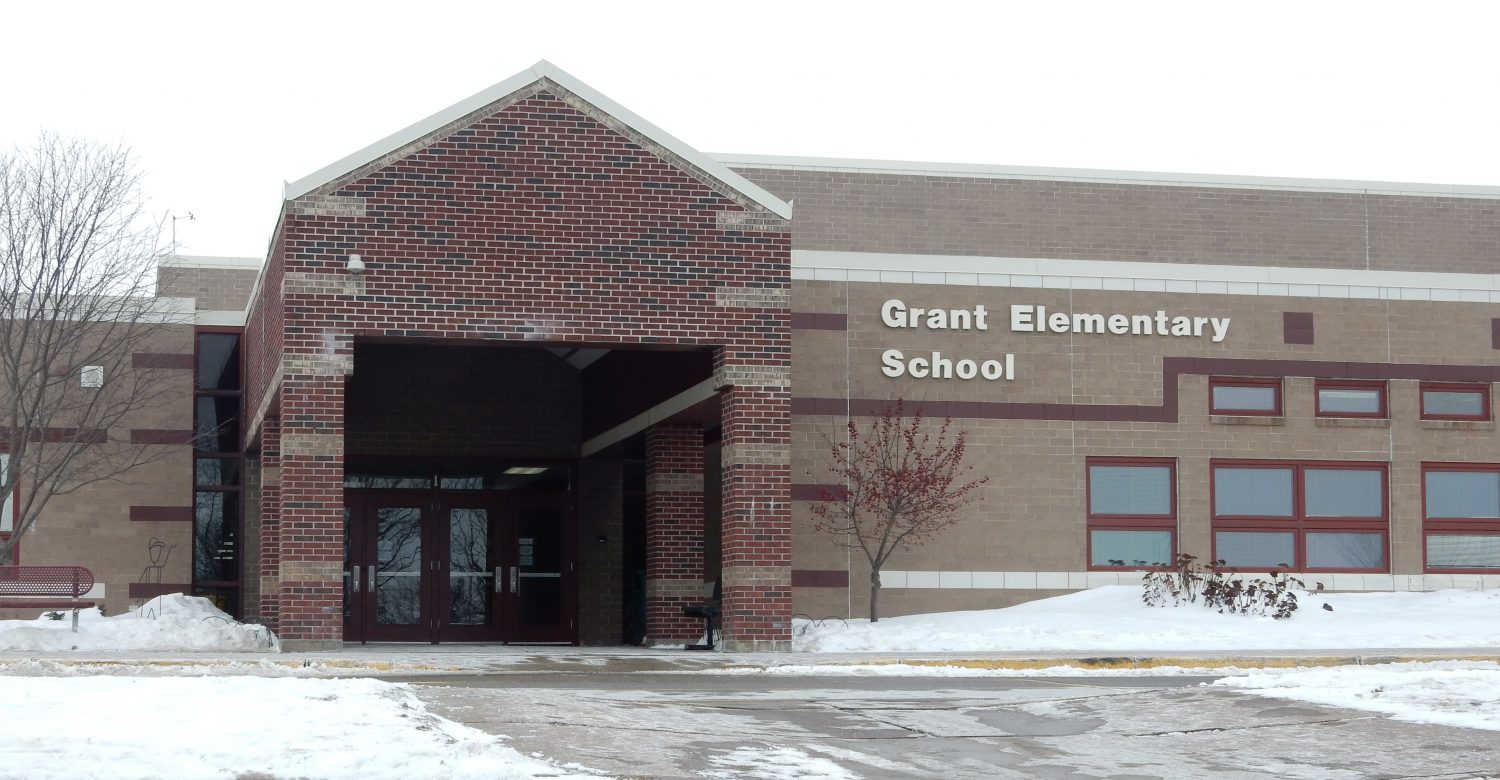Marshfield School Board Candidates: Longtime attorney seeks school board spot

By Mike Warren
MARSHFIELD – She is a self-described parent, grandparent and successful business owner, and also a veteran of the U.S. Army. Now, attorney Cathy Gorst hopes to add school board member to that list in April.
“I decided to run for school board,” Gorst told the audience at a Feb. 10 candidates’ forum held in the Marshfield High School Commons, “due to the declining performance of our district in meeting educational goals and maintaining the district’s standings, both statewide and nationally, as a first-class school district.
“I decided to run because we are experiencing the loss of good teachers and staff in the district. I decided to run because there’s been an increase in drugs and violence in our schools. I decided to run because, due to the authoritarian approach adopted by the district, we have seen an impairment in the normal development and learning of our students to various degrees, and this approach has created an environment which exacerbated and fostered mental health issues in students. In addition, there’s a lack of transparency, responsiveness and accountability.”
While addressing a student’s question regarding recent fights at Marshfield High School, stemming from online bullying, Gorst said, “When I went to law school, I was really interested in becoming a prosecutor, so I worked in the Legal Assistants to Inmates program, so I went to the prisons. What you’re seeing happened with these kids are what you see when you lock up people in cages. We need to open the doors to the cages, let our kids get back to being normal. They need to be having dances. They need to be having parties. They need to be having pizza parties in their classrooms. They need to be doing the stuff that bonds them, so that they understand who their friends are, so that they’re not turning in desperation to things like drugs or violence, so that they can develop a good self-image.
“But until then, we might have to beef up the liaison officers. We can beef up surveillance. We could consider doing bathroom monitors, so that they don’t have the opportunity to vape and do drugs in the bathrooms. And we need to be communicating this stuff. We don’t need to be hiding the fact that somebody got beat up. We don’t need to be hiding the fact that the liaison officer was assaulted. We don’t need to be hiding those things. We don’t need to be pretending they didn’t occur.
“People need to know what’s happening, so that they can address it at home with their children, as well as in school with the teachers, staff and administration.”
In responding to a student’s question about what she would do to “build and expand on mental health programs to help students balance between excellence, academic pressure and social pressure,” Gorst said, “We have a significant lack of counselors. Years ago when we first started working with domestic violence victims, there wasn’t significant counseling services available for them. So, what they did is they started putting groups together to be able to work through some of the problems and issues, and they would work with one counselor, but they would work through it with groups, and maybe that’s something we should look at here in the school is setting up groups where the students with the same types of issues can sit down and maybe work through some of those issues, and find some tools and resources to be able to work through some of the problems.”
Gorst also responded to a question from a high school student regarding a perceived communication gap between parents and students and the school board that’s making decisions affecting them.
“Well, I think that probably public forums and possibly even a public forum with the students, where the students would be able to meet with the school board, through either their student council or in an assembly, or in some fashion like that, or kids with problems would ask to be able to address the school board and say what they see as problems,” she said.
In closing, Gorst told the audience, “I think I will do an excellent job on the school board. I listen well. That was one of the things that, in practicing law, I developed a lot of skills in – listening, problem-solving, figuring things out, researching. So, I know how to do those things. I’m intelligent. I can learn.
“Anybody that’s starting new on the school board has got a learning curve regardless of what their prior experience is.
“I think we need to return to the fundamentals that support superior development of competitive skills in math, sciences, English, critical thinking and communication, as well as applied skills.
“I believe in options for parents and students, and not mandates. I think that parents and students know best what their needs and what their weaknesses might be. We need to empower parents and involve them in our schools at every opportunity. We need transparency and open communication.”
The Feb. 10 candidates’ forum can be found on the MFLD-TV 989 page on YouTube. The spring election is April 5. The top two vote-getters will secure three-year terms on the Board of Education. Polls open at 7 a.m. on April 5, and close at 8 p.m.
The School District of Marshfield covers portions of Wood, Clark and Marathon Counties in and around the city of Marshfield. More election and voting information is available on the city’s website at http://www.ci.marshfield.wi.us.





